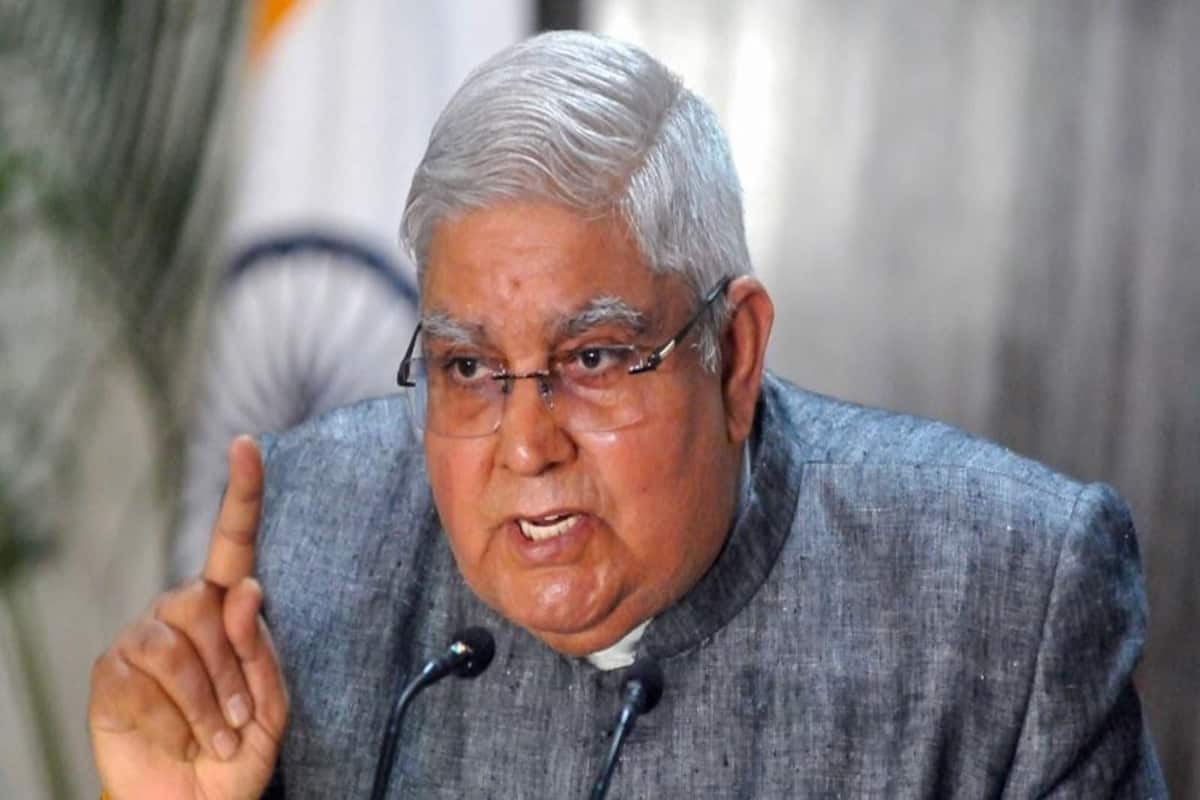
New Delhi: The evolution of the Constitution has to take place in Parliament and no other “super body” or institution, including the judiciary and the executive, has any role in it, Vice President Jagdeep Dhankhar said on Sunday.
It is the primacy of the Constitution that determines the stability, harmony and productivity of democratic governance and Parliament reflecting mandate of the people is the ultimate and exclusive architect of the Constitution, he said.
Dhankhar’s remarks, made at the release a memoir of former Tamil Nadu governor P S Ramamohan Rao, came a day after Law Minister Kiren Rijiju invoked the “Lakhsman Rekha” on the relationship between the executive and the judiciary.
The vice president said, “A constitution has to evolve from the people through Parliament, not from the executive. The executive has no role in evolving the Constitution and no other institution including judiciary.”
He further stressed, “The Constitution evolution has to take place in Parliament and there can be no super body to look into that…it has to end with Parliament.”
The vice president said he was making the statement “without fear of contradiction (and) having studied constituent assembly debates and examined constitutions of countries where democracy blossoms and flourishes”.
Amid a tussle between the judiciary and the government over the appointment of judges of high courts and the Supreme Court, Chief Justice of India D Y Chandrachud on Saturday said not every system is perfect but the current collegium system is the “best” mechanism developed by the judiciary to maintain its independence.
Justice Chandrachud put up a stout defence of the collegium system of judges appointing judges to higher courts while speaking at the India Today Conclave, 2023, just hours after Law Minister Rijiju at the same forum again criticised the selection process, asserting that as per the Constitution the appointment of judges is the duty of the government.
Rijiju also said the appointment of judges was not a judicial work but “purely administrative in nature”.
The minister felt that if judges got involved in administrative work, they would have to face criticism. He said the principle of justice will be compromised if a judge ends up hearing a matter of which he or she was a part.
“Suppose you are the chief justice or a judge. You are part of an administrative process that will come into question. The matter comes to your court. Can you deliver a judgment on a matter you were part of? The principle of justice itself will be compromised. That is why the Lakshman Rekha is very clear in the Constitution,” Rijiju said.



